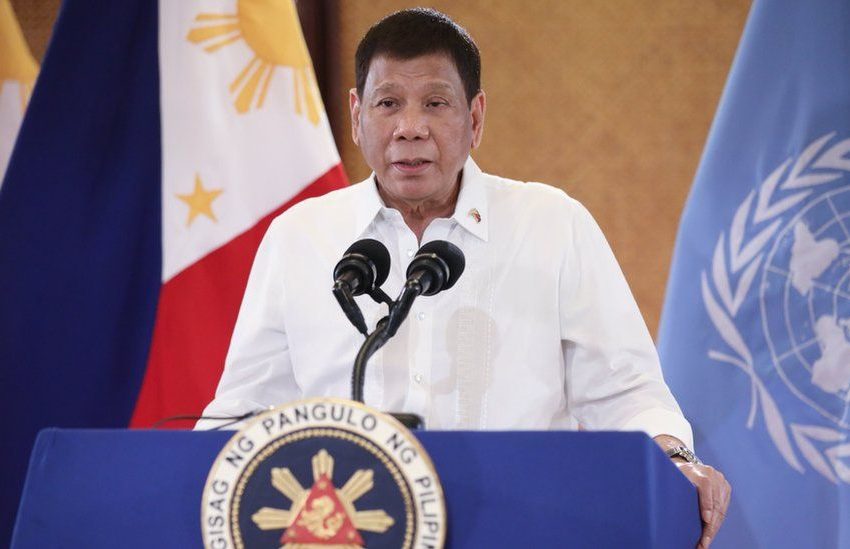
On Jan. 25 this year, the Philippine Senate ratified the report of the bicameral conference committee, which reconciled the disagreeing provisions of Senate Bill No. 2239 and House Bill No. 9007 which became the Vaporized Nicotine Products Regulation Act. The bill was then sent to President Rodrigo Duterte to sign the bill into law.
Nearly 90 days later, the vaping bill is still unsigned by the president.
Last year, the Senate approved Senate Bill No 2239, while the House of Representatives approved its counterpart version House Bill No 9007—both of which seek to regulate the importation, manufacture, sale, packaging, distribution, use, and advertisement of vaporized nicotine and non-nicotine products.
“This bill is meant to regulate vaporized nicotine products, non-nicotine products, and novel tobacco products. It is expected to encourage a shift from smoking the unhealthier cigarettes to these alternative less harmful products,” Senate President Pro Tempore Ralph Recto explained to the Inquirer.net.
While the public waits for Duterte’s decision, groups on both sides of the camp on the proposed law have been urging the President to push for the bill or veto the bill, citing the advantages and disadvantages of the use of vape products.
In January 2020, Duterte signed Republic Act 11467—or the Sin Tax Reform Act of 2020—which seeks to increase excise on alcohol products, electronic cigarettes (e-cigarettes) or vapor products, and heated tobacco products (HTPs).
Under RA 11467, such products are regulated by the country’s Food and Drug Administration.
The measure, which is expected to be fully implemented this May, also prohibits the sale, purchase, and use of e-cigarettes or vapor products and HTPs to any person aged 21 years old and below and to non-smokers.
It likewise limits flavors of e-cigarettes or vapor products to only plain tobacco or plain menthol.











